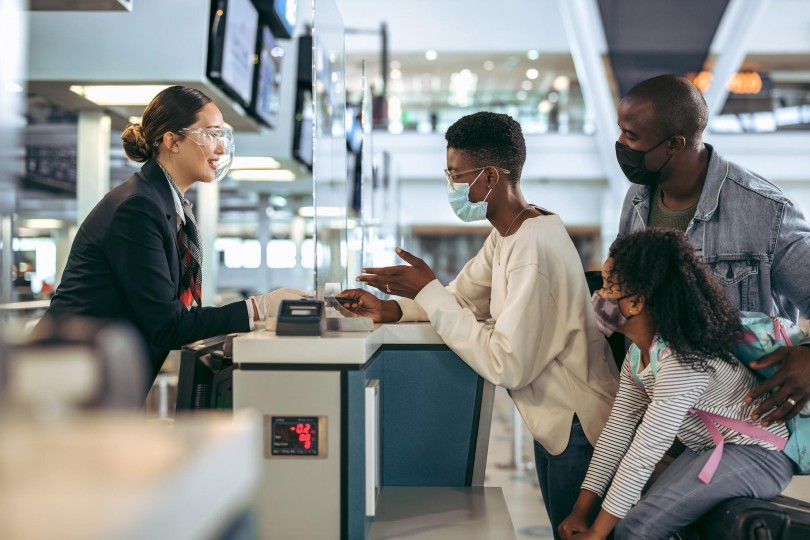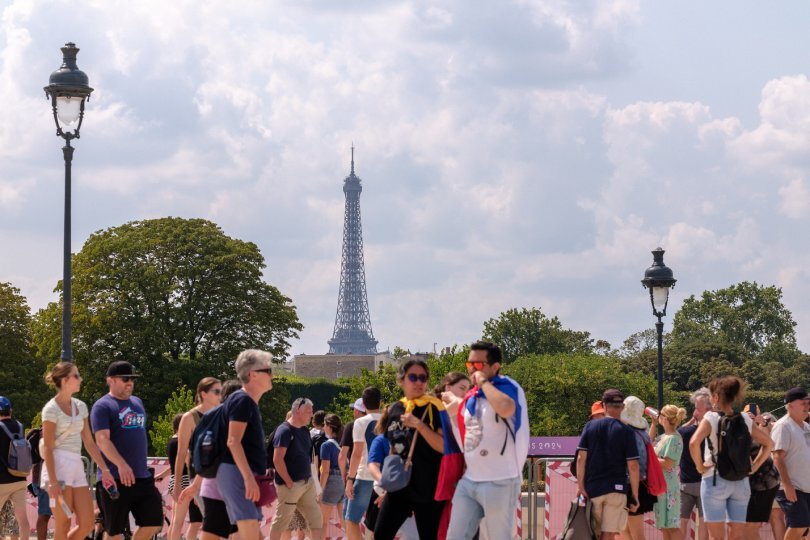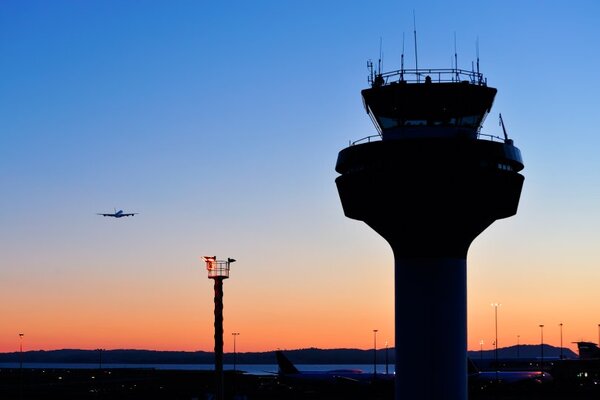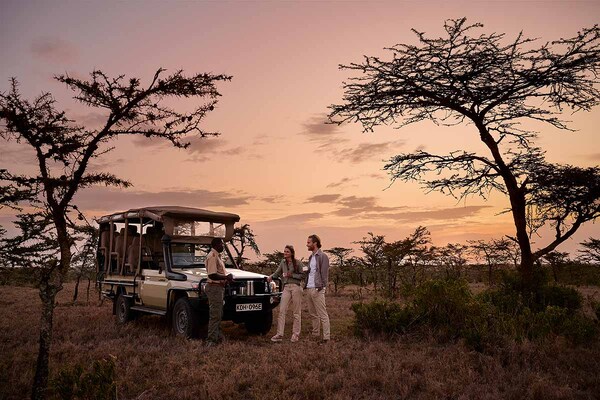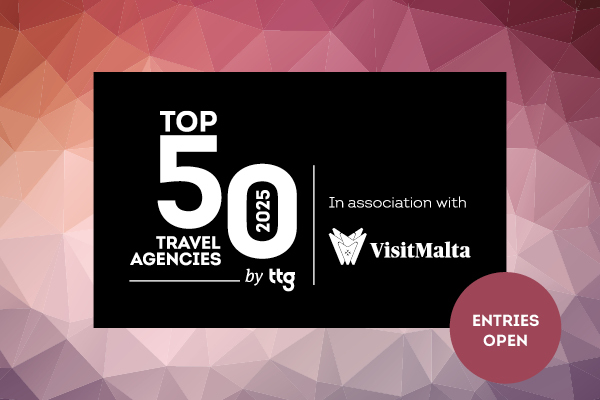Majority of firms confident travel 'on the path to recovery'
 Rob Gill
Rob GillMost travel firms believe the industry is finally on the “path to recovery” as Covid-19 restrictions ease and consumer confidence about taking overseas trips improves.
Some 89% of companies said the “worst” of the crisis was behind them according to a survey of 25 travel firms by business consultancy PwC (PricewaterhouseCoopers) for TTG’s Agenda 2021 seminar.
However, barriers to overseas travel remain, and fresh concerns – such as the ability to retain and recruit employees – have come to the fore as the industry shows tangible signs of recovery.
The survey reveals pent-up demand is coming through in booking volumes, particularly for winter 2021/22 and summer 2022, creating a “more positive outlook” for the trade.
“Most operators are getting more optimistic, and a lot more are now ahead of where they would normally be,” said Eleanor Scott, director, travel and leisure, at Strategy& – part of PwC UK.
“A much higher number of operators are back to ‘meaningful’ levels of bookings, but getting back to 2019 levels is still some way off. Overall, people think it’s going to be 2022 or 2023 before we get back to those figures.”
This optimism is also reflected in the consumer side of the report; PwC surveyed 2,000 people in the UK and found them more willing and confident to go on holiday than they were in the summer.
Travel is now more of a “priority area” for consumers, with 24% planning to spend more on holidays in the next 12 months than in the previous year, ranking ahead of all other spending categories apart from eating out (25%).
Less encouraging, though, is that the number of people expecting to spend less on holidays year- on-year is also high at 25%. “Travel intent is hardening, with a higher proportion of people having been on holiday or who are now willing to go on a trip,” said Scott. “There’s a lot more willingness to travel – but there is a big proportion who are still wary of travelling internationally.”
Recruitment worries
Willingness to travel has risen across all age and social groups, but there is some “polarisation”, with younger people most confident to go abroad along with more affluent groups.
Operators say testing and quarantine are still the biggest barriers to travel, but a large proportion of the public remains fearful of catching Covid – a factor the industry seems to underestimate.
The trade expects holiday prices to be higher in 2022, with margins also forecast to be flat or higher. This tallies with research showing consumers are willing to spend more on holidays by using companies that can offer them reassurance and high service levels.
The most eye-catching change from the summer is that retention and recruitment of staff has become the biggest short-term concern for operators, rising from 9% in June to 37% in October.
The impact of travel restrictions has become less of a concern for the industry, but one worry that has risen significantly is the potential effect of a consumer downturn, up from just 4% in the summer survey to 21%.
Bookings are likely to continue being made later than normal for the rest of 2021 and into next year, which could create challenges for travel firms when it comes to managing capacity and marketing budgets for peaks.
The survey also illustrates how travel businesses are at “very different” stages in terms of implementing sustainable travel strategies. This is an issue travel will need to tackle, as consumers are becoming more aware of sustainability and now expect operators to be sustainable, particularly for under-35s.
There is, however, still a noticeable “gap” between holidaymakers’ intent and action. Currently, only 28% would be willing to pay extra for a more sustainable holiday, while 48% said the holiday experience remained more important than sustainability.
The full findings of the TTG-PwC research for Agenda 2021 is available to TTG+ members here.
Sign up for weekday travel news and analysis straight to your inbox

Rob Gill
Supplier Directory
Find contacts for 260+ travel suppliers. Type name, company or destination.
